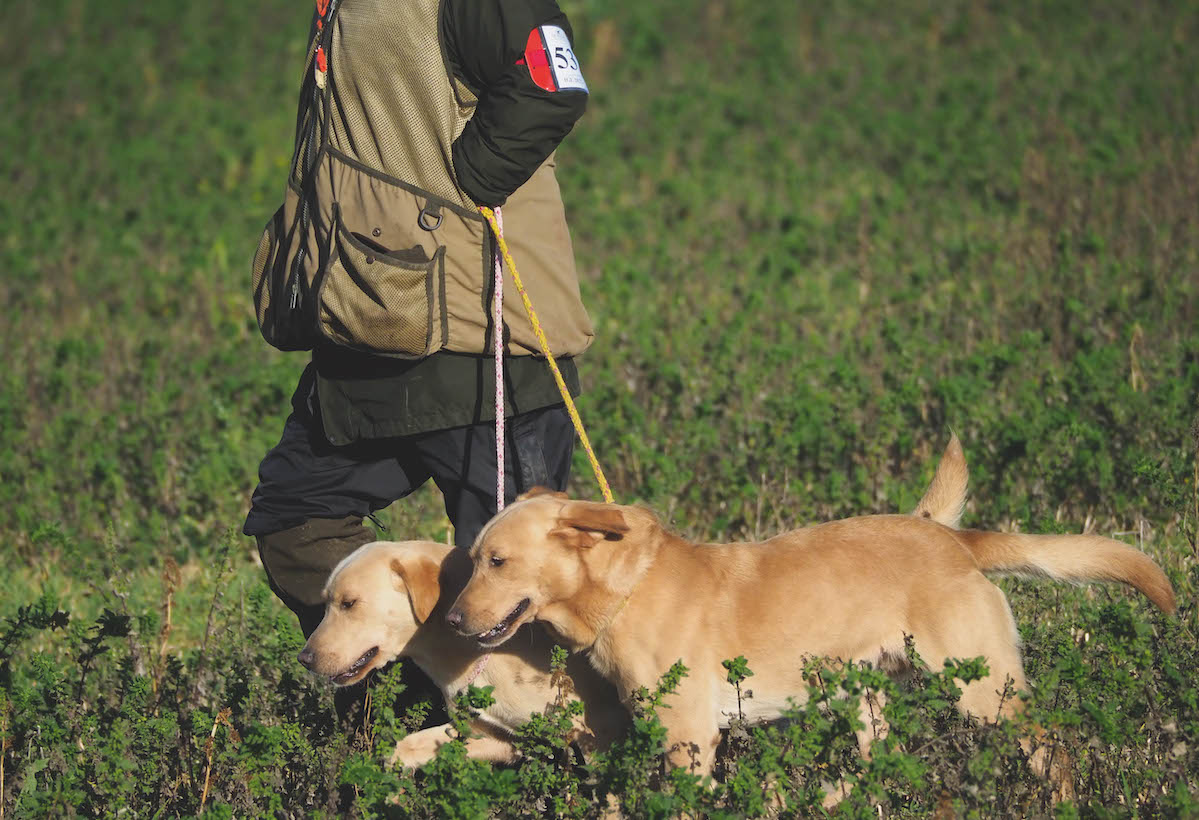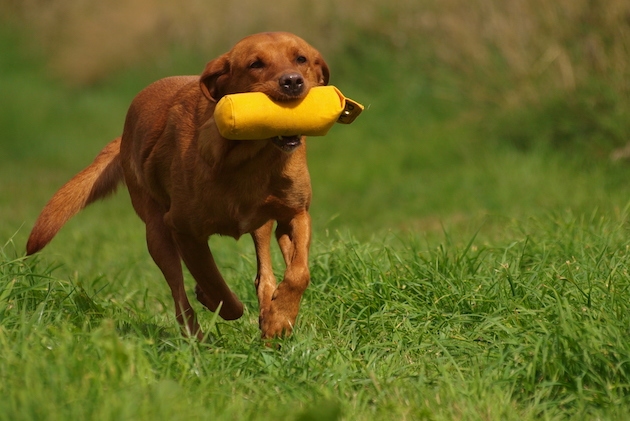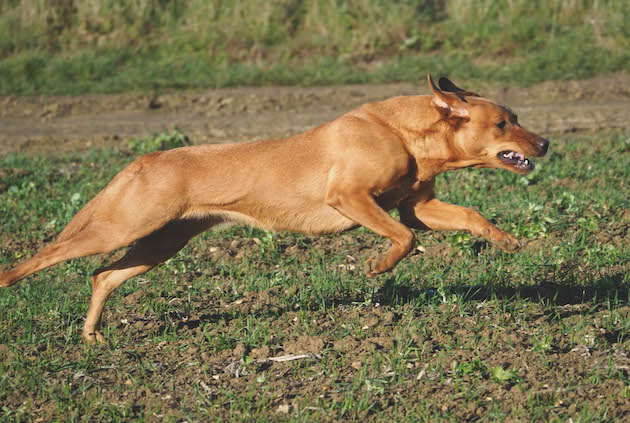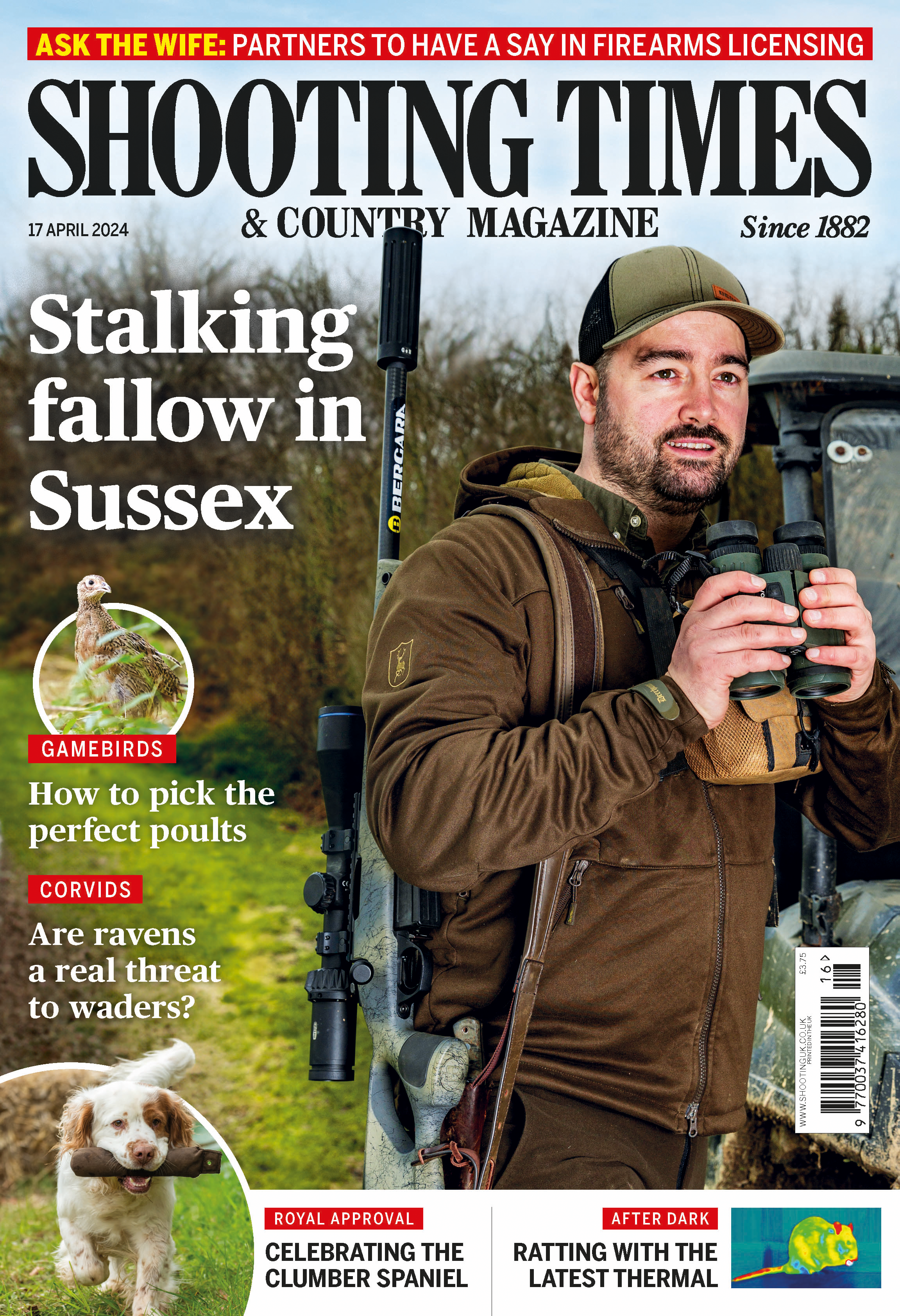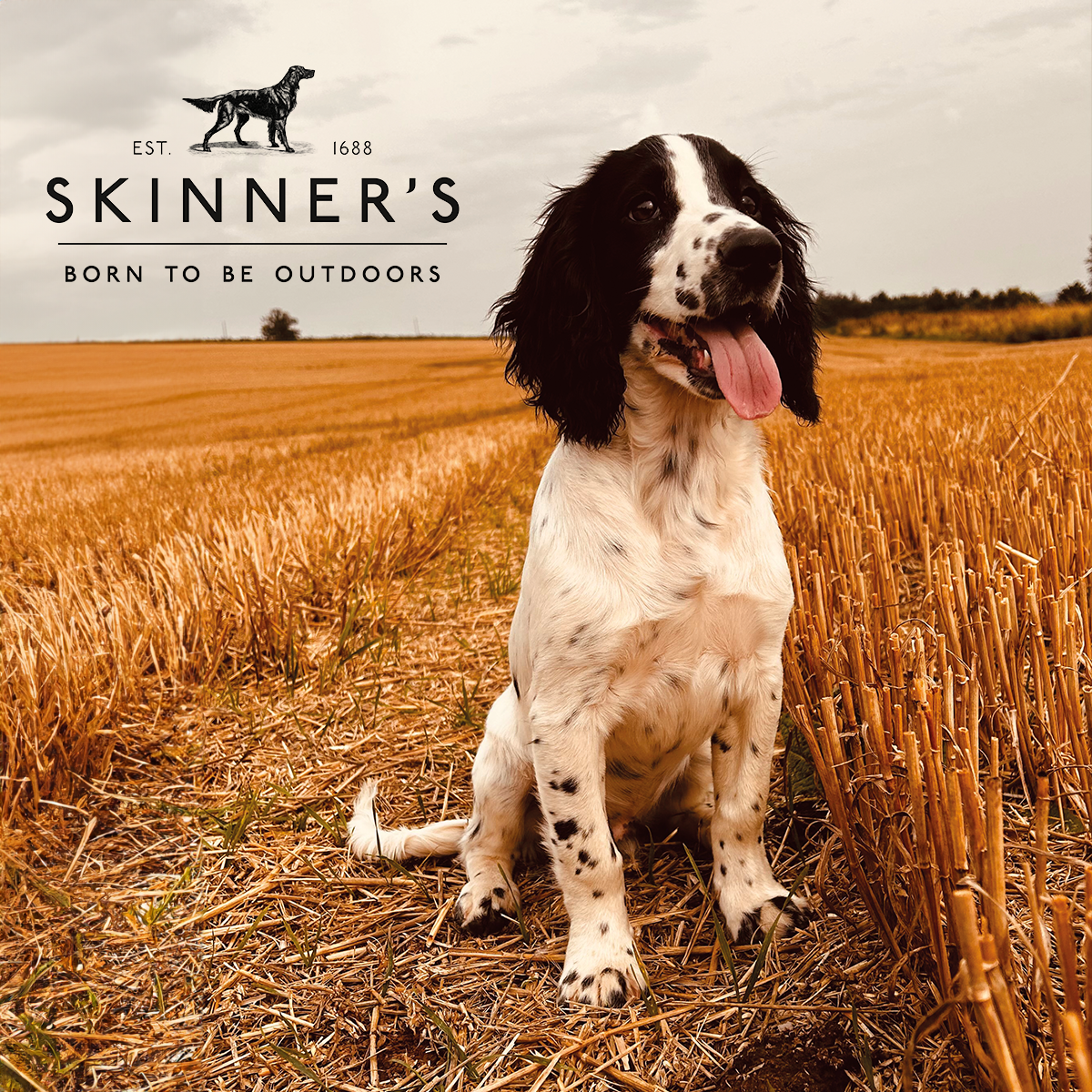Field trials for gundogs during the COVID pandemic – what you need to know
David Tomlinson wades through the protocol
The Kennel Club has issued extensive guidance for staging field trials for dogs during the pandemic.
Last month, the International Gundog League (IGL) cancelled this year’s Retriever Championship. It was hardly unexpected news. If the IGL had decided to go ahead with the event, the biggest in the gundog calendar, it would certainly have been newsworthy. The last time the Championship was cancelled was in 1967, due to foot and mouth disease, while it wasn’t held during the war years 1939 to 1945 and 1914 to 1919.
The logistics of trying to organise the Championship, scheduled to be held at Ampton in Suffolk at the end of November, would have been a nightmare, while there would have been the possibility that the event could have been cancelled just days before it was due to take place.
However, an equally important factor in its cancellation was the fact that insufficient qualifying trials will have been held beforehand.
Though many trialling societies and clubs are still stating that they hope to run trials this season, how many will manage to do so is debatable.
Field trials for dogs – guidelines
I have just been reading the Kennel Club’s operational plan for the resumption of field trials for dogs, which you will find on its website. Seldom have I read a more depressing document. Over-wordy, it covers every eventuality you can possibly think of, plus a few more, and is sufficient to put off all but the most determined of organisers.
It states: “The health and safety of everyone attending field trials is of paramount importance, and it is vital that events are conducted with adherence to social distancing and health and safety guidelines. To ensure that this is the case the recommended protocol must be adhered to.”
The protocol extends to some 1,800 words of what you can do and what you must do. The advice starts with the initial visit to the ground to discuss the trial and make a risk assessment with the keeper, “when hand sanitising gel/wipes should be required by all attendees”.
When it comes to appointing judges, locals should be appointed where possible in order to minimise travel, though “where an overseas judge was already under contract, the appointment may proceed provided it did not contravene any government regulations or restrictions”.
There’s a lot of advice on the schedule, entry form and draw. Competitors will be expected to provide their own armbands, while it is forbidden for anyone to handle entry forms, cash or cheques on the day.
Prevention procedures
Clubs will also have to appoint a CSO (COVID safety officer), responsible for ensuring that COVID prevention procedures are maintained and keeping a log of any “untoward incidents”. They will also have to keep a list of participants and attendees in case they have to be contacted if anyone becomes ill afterwards with COVID-19.
Presumably it will also be the CSO’s job to check that judges are comfortable staying away from home and “are not shielding, either themselves or another member of their household”, while I was amused to read that “if appropriate arrange for hotel to provide packed lunch for resident judges”. Can’t they be asked to bring their own?
On the day of the trial, vehicles must be parked to allow social-distancing guidelines to be adhered to, something that none of my local supermarkets seem bothered about. When handling game passed from a competitor, “a face mask should be worn by the judge, judge’s steward and game carrier and should be undertaken at a maximum distance possible. Hands must be sanitised between passing each bird. Gloves could be worn but would need to be changed and safely discarded following each individual run to ensure no cross contamination.”
Surprisingly, I couldn’t find any advice as to whether handlers have to wear masks. I’ve yet to try handling a dog while wearing a mask. It would make blowing a whistle tricky, though I suppose you could always cut a hole in the mask to put the whistle through. However, handlers must carry masks for use when “appropriate”, along with their own hand sanitiser.
Anyone taking part in the trial should walk rather than ride in a vehicle, something I’m all in favour of. However, “if using transport around the shoot, you must consider social distancing between passengers, sitting side by side, not face to face, and increasing ventilation in the vehicle”. Presumably that means leaving the windows open, or using open-top trailers with socially distanced straw bales for seats. Spectators, you will not be surprised to learn, are banned.
Any handler lucky enough to win a trophy will be reassured to learn that the latter will have been sanitised, bagged in a plastic bag and kept aside for a minimum of 72 hours before the trial. It goes without saying that “the secretary should sanitise their hands before presenting the bag”.
Grading suggestion
Any field trial secretary who has waded through all these protocols and still wants to hold a trial deserves a medal.
My suggestion is that, like the A-level results, dogs should be graded according to their known ability. I’m sure that Ofqual will be pleased to help, while the Kennel Club could come up with a suitable appeal process for dogs that haven’t done as well as they had hoped.



